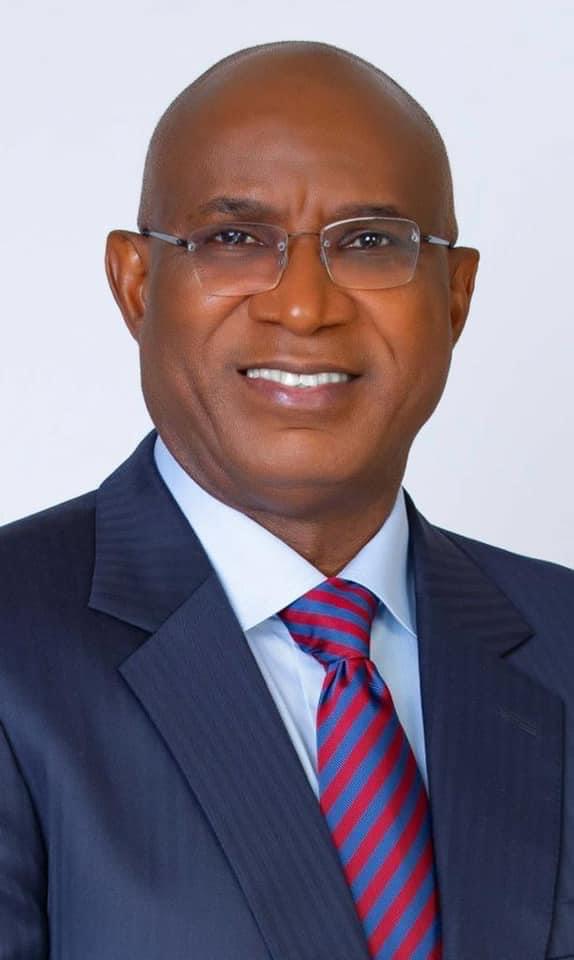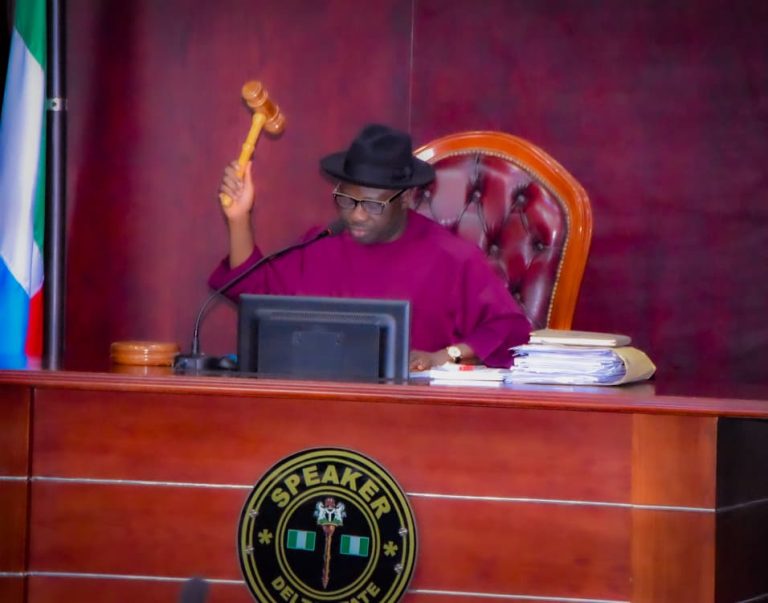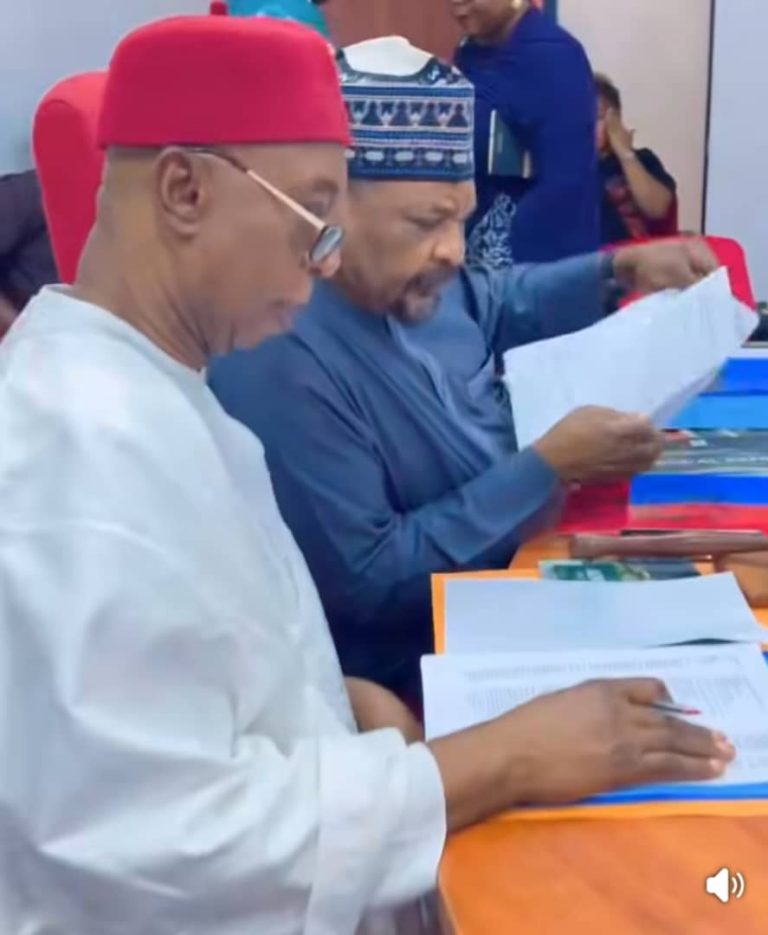
By Preye Baro
Fuel, formally known as petrol, is a very important economic product not only in Nigeria, but
also in Africa and the world at large. As such, the crude industry in the oil sector is highly valued
and appreciated with so much regards. One of such regardful appreciation of the oil industrial
sector is the granting of subsidies by the governments of various oil-producing countries, to
enable it work effectively in its production activities.
A subsidy, by definition, is a specific sum of money given as a financial grant to a
productive sector of the economy by the government of a nation or an organization of public
goodwill, so as to assist them in carrying-out their economic activities; and to limit the price of
their products for consumers. In this light, fuel subsidy concerns itself with the amount of
money which the government grants to the oil industry to help improve their production; as well
as to reduce the amount of money which consumers will pay them for the consumption of their
products, specifically petrol.
The Nigerian Government is one of such countries that used to grant subsidies to various
sectors of the economy, which included the oil sector. Due to some plausible reasons, in the
past, many people have been yearning for the removal of fuel subsidy by the Federal
Government. Hence, subsidy on fuel was first removed on 1st January, 2012, when the
Goodluck Jonathan-led administration announced a partial removal of fuel subsidy, leading to a
sharp increase in fuel prices. Eventually, the government countermanded its decision due to
widespread socio-political protests across the country, known as “Occupy Nigeria” protests.
Similarly, the President Muhammadu Buhari regime, in May, 2016, declared a complete removal
of fuel subsidy. Of course, this led to significant increase in price of fuel, and nationwide
protests became the order of the day. As a result, the petrol subsidy was partially reinstated.
Unexpectedly, the currently sworn-in president, Bola Ahmed Tinubu, announced at Eagles
Square, Abuja, during his inaugural speech that fuel subsidy would be removed. Immediately
after his announcement, fuel prices all over the country just increased within the blink of an eye.
This has instilled the quivering spirit of consternation and dismay into the common populace, as
they ponder-over their pathetic fate as the price of fuel, together with those of other economic
products in the country, has skyrocketed so high like a soaring eagle. It has been a question of
human survival and national development, as the supporters of the situation forsee
improvement in infrastructures; while the opponents show concern about the welfare of the
common man, whose eudaimonia is now extremely astake.
Amidst whatever supposed benefits which the fuel subsidy removal can bring to the nation,
its overpowering negative effects on the economy and the state cannot be over-emphasized. It
has effectuated the following dire and enfeebling scenerios on the Nigerian common population,
and even the rich also suffers from its adverse consequences.
First, the fuel subsidy removal has caused an overwhelming increase in the price of
Premium Motor Spirit, PMS, all the country. Before the subsidy removal, in places like Lagos,
fuel was sold for about 185 or 200 naira per litre; but immediately after the pronouncement of
the petrol subsidy removal, the price turned over 600 to 700 naira; and that is how it varyingly
increased everywhere in the country. Since fuel is very useful for so many purposes, its subsidy
removal has put a great burden on the populace in purchasing it.
On a second note, the cost of edible products and other essential commodities, has also
sharply increased due to increase in fuel price, all resulting from the removal of fuel subsidy.
This has led to increased economic hardship on the people as they find it so hard to buy those
things which they need for their survival.
Also, the fuel subsidy removal has led to acute shortage or inadequacy of some essential
products. Due to increase in the price of things, most businesspersons and traders find it
difficult to procure some wares for sale. First, it is because they may not have enough money to
buy goods for sale; and second, even if they struggle to buy, consumers may find it difficult to
purchase from them due to high prices. This has, in turn, caused a retardation in trade and other
business activities all over the state.
Moreover, the removal of subsidy on petrol has given birth to unreasonably high cost of
transportation, because of increased fuel prices. Of course, people must travel or move from
one place to another, no matter what happens; because they cannot afford to be constrained to
a particular position. Hence, they are burdened with the economic responsibility of paying too
high just to move from one place to another in their own country.
Finally, the recent removal of subsidy on Premium Motor Spirit, PMS, has generally affected
the nationals negatively. The cost of living in the country now has increased. What was bought
for 800 naira before, for instance, is now been sold at 1,200 naira. The penurious population of
the state, who are the major sufferers of the fuel subsidy removal, usually strive hard to hardly
get one square meal each day. How, then, can they cope with the recent increase in everything,
when the amount of money which they used to buy two quantities of a commodity can now
hardly serve them one?
To conclude, the removal of fuel subsidy in Nigeria has brought a great economic asperity
and severe difficulty-in-living to the Nigerian populace. It has also hardened the economy, as
most people who have been struggling to live above the poverty line, now find themselves right
there and even far below it! Thus, if there is anything reassuring which the Nigerian Government
can do to remedy this pathetic situation of the economy, they should please, do it without any
further ado; because from the general look of things, if the country is not able to beat the
situation by resolving it, then the situation will beat the country by collapsing its economy! But
then, do we wish for this to occur?
Baro Preye (Miss),
Faculty of Law,
Delta State University, Oleh Campus.





